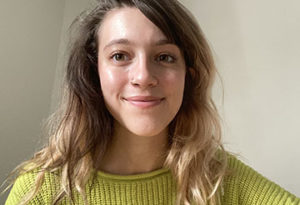The Knight Center invites applications for a Ph.D. position in the NSF-funded project Intercultural Science Communication Research and Training to Broaden Participation Among Historically Minoritized Science Practitioners. BIPOC are strongly encouraged to apply.
The project, in collaboration with the University of Rhode Island’s Metcalf Institute, will address the lack of BIPOC representation in science communication training spaces and among trainers using an intercultural communication perspective. The project will include the development and testing of a new science communication training, the Science Communication Research Fellowship (SCARF). We are looking to fund a student interested in inclusive science communication beginning August 2022.
The successful applicant would have to apply to the Information & Media doctoral program in the College of Communication Arts and Sciences at Michigan State University. The application deadline is December 1st, 2021.
The position is suited for students from historically minoritized groups, have recently completed or near completing an MA in Journalism/Communication or related fields (media studies, environmental studies, sociology), with experience of working with relevant methods, and with relevant professional and/or personal experience. The ideal candidate would have some professional journalism or communication experience, including basic writing, reporting, multimedia skills, strategic communication, and /or public relations.
Required Qualifications:
- Education: M.A. in Journalism/Communication or related fields
- Basic knowledge of qualitative and/or quantitative communication research methods, including interviews, surveys and/or content analysis
- Excellent written, editing, and verbal communication skills
- Relevant experience working with historically marginalized populations
For more information, please contact Dr. Bruno Takahashi at btakahas@msu.edu
Bruno Takahashi, Ph.D.
Associate Professor and Research Director
Knight Center for Environmental Journalism
College of Communication Arts and Sciences
Michigan State University

